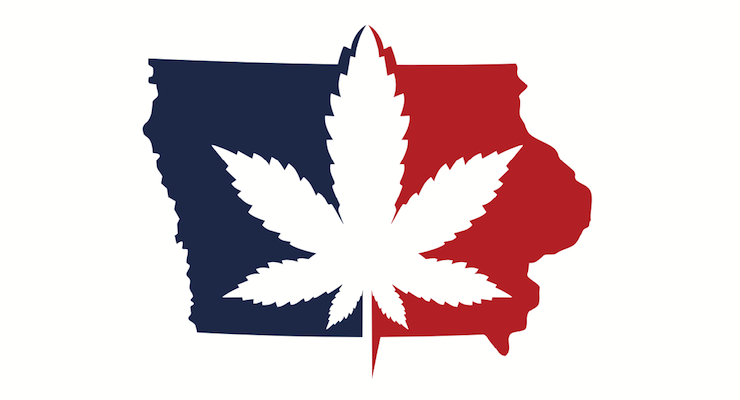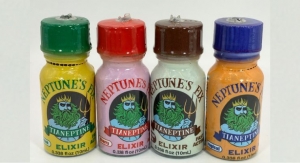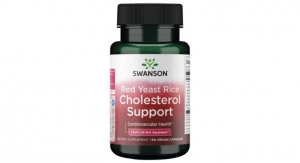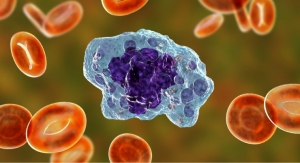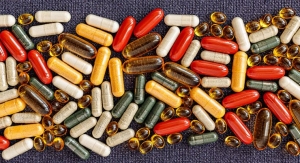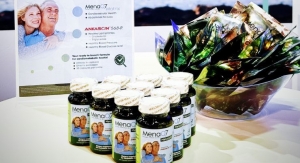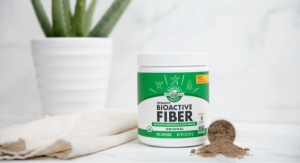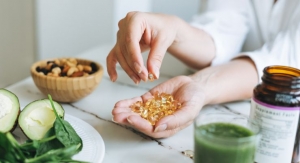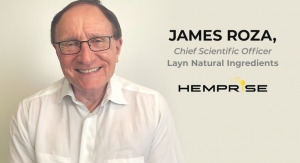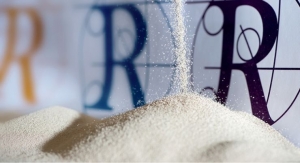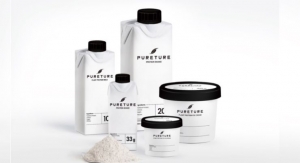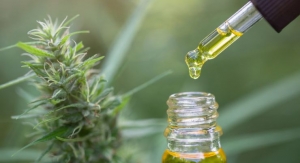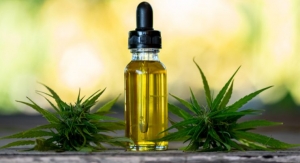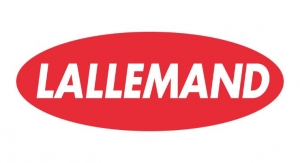11.24.20
While the Food and Drug Administration (FDA) has yet to lay out a clear time frame for when they hope to reach anticipated rules surrounding the nationwide sale of hemp and hemp-derived CBD products, Iowa appears to be the next state pursuing legislation to regulate the legal sale of these consumable products.
Having long urged the FDA and other federal officials to establish a path to market and regulatory structure for CBD and other non-intoxicating hemp products on a federal level, Daniel Fabricant, president and CEO of the Natural Products Association said that while the short-term benefits for Iowan hemp farmers are clear, he anticipates a “nightmare” for the industry if a patchwork of policies exists across state lines before FDA establishes a clear set of rules.
“This is an opportunity for Iowa’s farmers to participate in the growing hemp marketplace and to provide consumers with more confidence to know that the products they use every day are safe and regulated,” Fabricant said. “However, we are concerned that inaction from the FDA is creating the regulatory nightmare and patchwork approach that is the worst of all worlds. This is a federal regulatory issue, FDA needs to do its job, and they need to do it now. Further delay by FDA is not good for public health or for the CBD industry, because the best approach is one uniform national standard based on sound science that is enforceable.”
A rule proposed by state legislators would require the Iowa Department of Health to create packaging and labeling requirements for consumable hemp products, and to establish registration requirements for manufacturers and sellers of these products, along with standards for revoking that registration.
NPA reports that it supports the proposal for its focus on consumer safety. However, the trade association requested that the state eliminate mandated hemp retailer registrations from the proposal.
“Registrations such as this one are not required for retailers who carry traditional dietary supplements, such as vitamin D or calcium, and we believe should not be attributed to retailers who decide to sell consumable hemp products,” NPA said in a written statement. “Additionally, this rule as it is currently written sets a precedent that burdens retailers with a mandatory state registration for every single new product that they decide to sell, which only serves to burden an industry that has already been devastated by COVID.”
With the exception of Epidiolex, a prescription drug used to treat rare seizure disorders in children, all CBD products in the U.S. are considered illegal by the federal government.
NPA has been a proponent of FDA regulating CBD since 2017, and has testified to and held several meetings with FDA officials on the issue. The trade association also had involvement in the crafting of legislation passed by the U.S. House of Representatives that provides resources toward the FDA’s Health Hazard Evaluation (HHE) and set a safe level of CBD for consumers to use each day. This pathway to market process was used to regulate red yeast rice, a natural product which contains a level of a drug ingredient that FDA has determined to be safe for general consumption.
Having long urged the FDA and other federal officials to establish a path to market and regulatory structure for CBD and other non-intoxicating hemp products on a federal level, Daniel Fabricant, president and CEO of the Natural Products Association said that while the short-term benefits for Iowan hemp farmers are clear, he anticipates a “nightmare” for the industry if a patchwork of policies exists across state lines before FDA establishes a clear set of rules.
“This is an opportunity for Iowa’s farmers to participate in the growing hemp marketplace and to provide consumers with more confidence to know that the products they use every day are safe and regulated,” Fabricant said. “However, we are concerned that inaction from the FDA is creating the regulatory nightmare and patchwork approach that is the worst of all worlds. This is a federal regulatory issue, FDA needs to do its job, and they need to do it now. Further delay by FDA is not good for public health or for the CBD industry, because the best approach is one uniform national standard based on sound science that is enforceable.”
A rule proposed by state legislators would require the Iowa Department of Health to create packaging and labeling requirements for consumable hemp products, and to establish registration requirements for manufacturers and sellers of these products, along with standards for revoking that registration.
NPA reports that it supports the proposal for its focus on consumer safety. However, the trade association requested that the state eliminate mandated hemp retailer registrations from the proposal.
“Registrations such as this one are not required for retailers who carry traditional dietary supplements, such as vitamin D or calcium, and we believe should not be attributed to retailers who decide to sell consumable hemp products,” NPA said in a written statement. “Additionally, this rule as it is currently written sets a precedent that burdens retailers with a mandatory state registration for every single new product that they decide to sell, which only serves to burden an industry that has already been devastated by COVID.”
With the exception of Epidiolex, a prescription drug used to treat rare seizure disorders in children, all CBD products in the U.S. are considered illegal by the federal government.
NPA has been a proponent of FDA regulating CBD since 2017, and has testified to and held several meetings with FDA officials on the issue. The trade association also had involvement in the crafting of legislation passed by the U.S. House of Representatives that provides resources toward the FDA’s Health Hazard Evaluation (HHE) and set a safe level of CBD for consumers to use each day. This pathway to market process was used to regulate red yeast rice, a natural product which contains a level of a drug ingredient that FDA has determined to be safe for general consumption.

